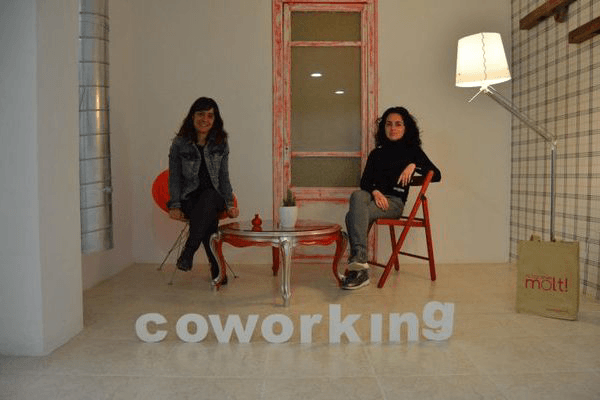What could be more difficult than opening or expanding a coworking space?
Sure enough, it’s the legal aspects which come along with it.
On one hand, because coworking is, shall we say, an ‘atypical’ activity under the legal rules established to date in Europe (and also outside of Europe), no specific license exists for the activity of coworking. A coworking space can include multiple activities: a working office, room rental (for events, training or meetings), an internal bar for its members, the self-service selling of drinks, a bar and/or restaurant open to the public, training, mentoring etc.
Since a specific license doesn’t exist for the activity of ‘coworking’ (you have to apply for a license for each of the activities taking place inside the space), the cost of opening and adapting the space according to the law, as well as the management required to get the correct licenses, can become very expensive.
Ultimately, coworking managers: it’s time to grab the bull by the horns! We are facing a lack of administrative regulation, an antiquated system which doesn’t recognise new ways of working (and living) born and enriched by the sharing economy, despite the fact that it is already a reality and it is booming.
The relationship between founders: the shareholder’s agreement
In the case of opening a coworking space with other members, make sure you establish an agreement which defines the way in which you will operate, including the responsibilities, obligations, and rights of each one. This will help to avoid future conflicts.
This document doesn’t have to be official but we recommend that it’s signed in the presence of a notary.
Legal status
Consult your corporate lawyer on the matter of which legal status will be the most suited to your company. You can operate a coworking freelance, until becoming an SL for example. An association will give you legal flexibility, particularly if you are hosting a number of different activities.
Looking for a facility
Choosing the space which is the best suited to both your needs and the currently applicable law won’t only save you money in the face of possible refurbishment, but will also save you worrying about the administrative processes which could delay or even thwart your dream. Contract a specialist to manage the process and consult the town council about all the paperwork required because purchasing any property.
Every city has its own local laws regarding licenses for activity. And each neighborhood has its own categories. You will have to make an appointment in advance with the local council of the neighborhood where your space is located to get to know all the technical requirements which your space has to fulfill.
In addition, bear in mind fire safety regulations: the minimum number of emergency exits, extinguishers, signage… according to current national law. If the space doesn’t comply with current law, you’ll have to adjust it.
The space should comply with the minimum requirements for mobility and accessibility required by national law.
Finding the perfect local space isn’t easy. Before making a decision, solicit the opinion of architects and technical engineers. The less the space complies with the law, the higher the costs of refurbishment will be.
The activity license
Defining the activities which will take place in your coworking will allow you to apply for the right licenses and register your business activity with the competent tax authority. Remember that there is no specific business license for coworking spaces. Hence it’s important to know which activities are included as part of the business/office center license, and what parallel activities you want to organise in the space are going to need their own licenses (events, exhibitions, marketplace…). For every law, there’s a loophole – don’t apply for licenses for each and every activity!
As you can see, opening a coworking space is a challenge. Exciting and enriching, yes, but also full of potential difficulties. From your choice of space, obtaining activity licenses, to the contractual relationship with the coworkers in next articles.
This article has been written by Vanessa Sans of HWL and published later on her Linkedin profile.
Sources:
Legalcoworking, a legal consulting firm founded by Maica Cabello (a lawyer) and Laia Benaiges (the founder of coworking Espai La Magrana), specialised in coworking spaces.
Nexudus: 101 legal guide for coworking spaces (I)
Picture provided by La Magrana coworking space.
